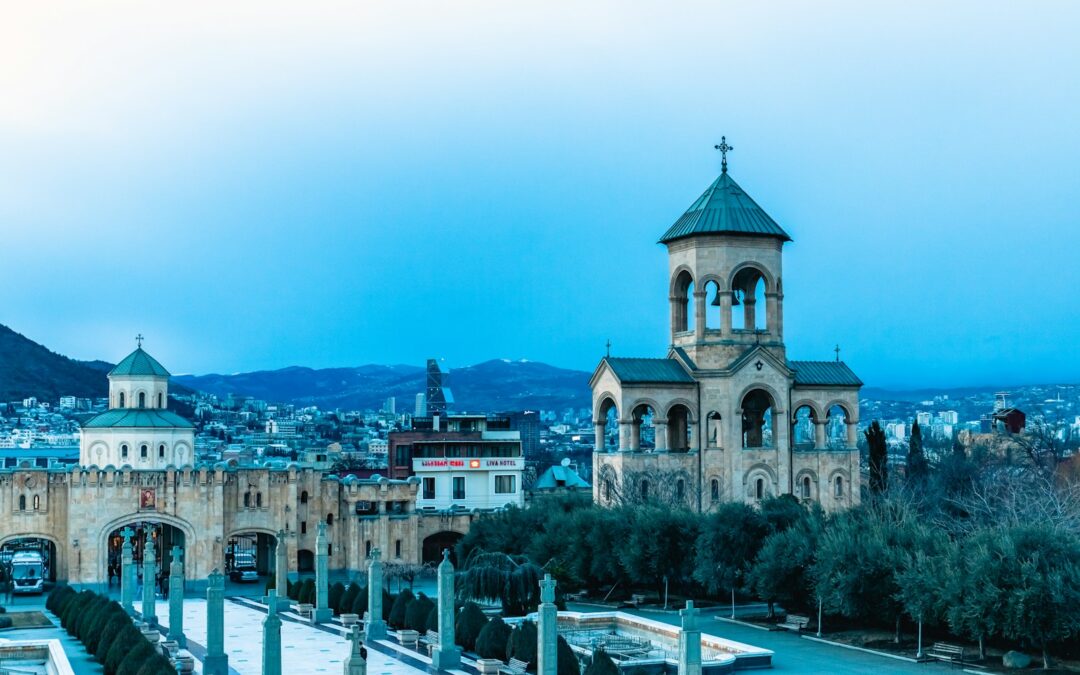
Standing for the Kingdom in Georgia
How can we serve the people of Georgia – our brothers, sisters, and siblings in Christ and in the wider human race – as the country of Egypt once served the Holy Family as they fled Bethlehem and the tyrant Herod?

How can we serve the people of Georgia – our brothers, sisters, and siblings in Christ and in the wider human race – as the country of Egypt once served the Holy Family as they fled Bethlehem and the tyrant Herod?
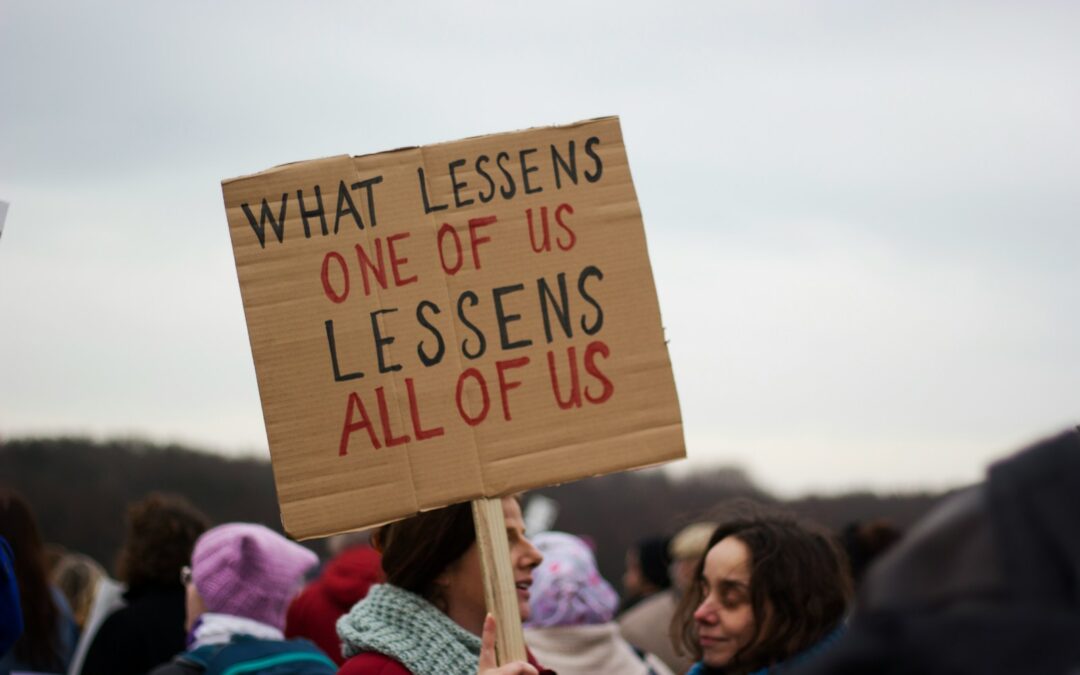
Nonviolent resistance is about peacefully but decidedly disrupting oppressive tactics. Although it sometimes puts the person engaged in it at risk of things like arrest or violence themselves, when done well, it uses creativity, self-sacrifice, and solidarity to affirm the humanity of the vulnerable.
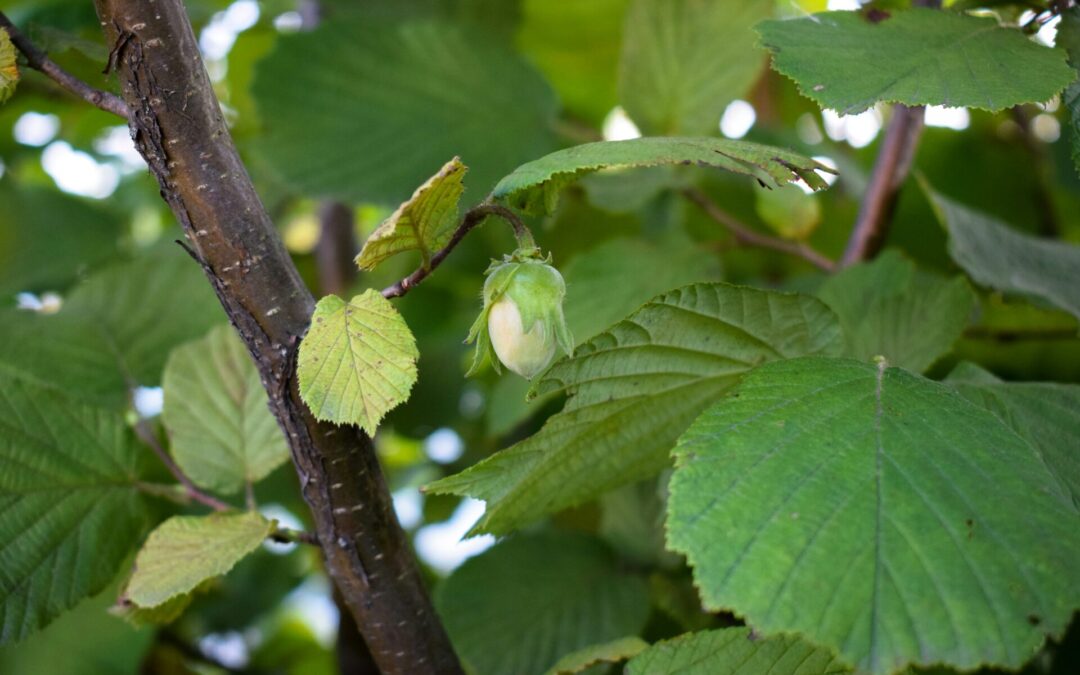
Love as described by Jesus is not morally disengaged. It is, and always has been, countercultural. It is also a challenge, particularly when people, including ourselves, are often not lovable.
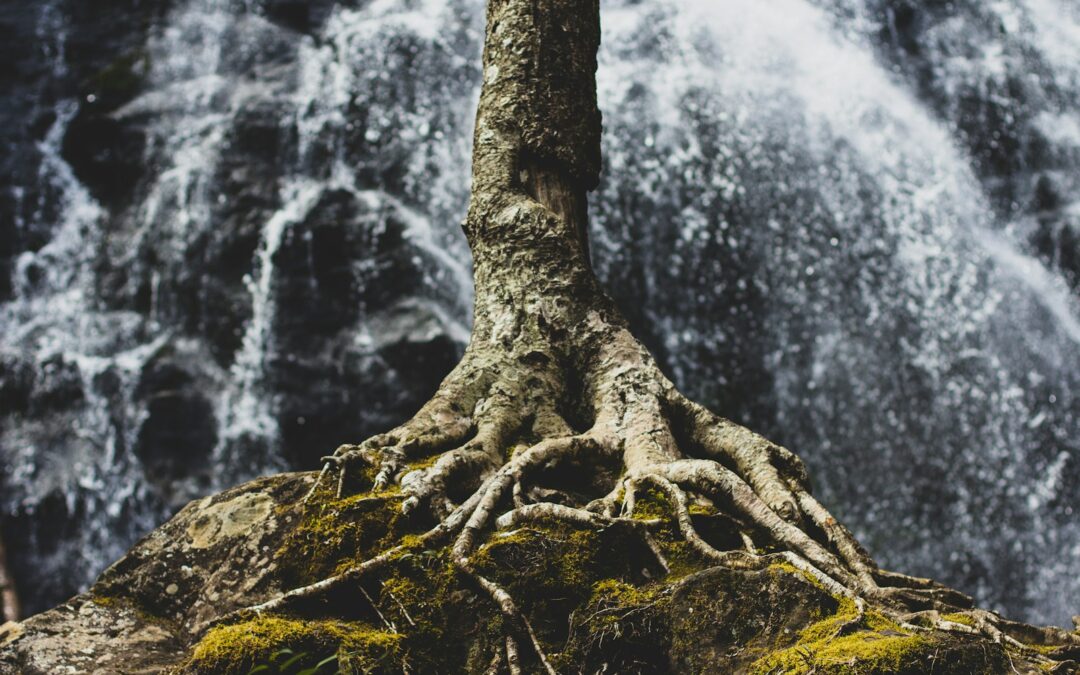
As we start 2025, I invite all of us to go back in history, to go to our roots, go to what anchors us, go and rediscover what our hearts hold, so that we can grasp it again and let it inform our future steps.
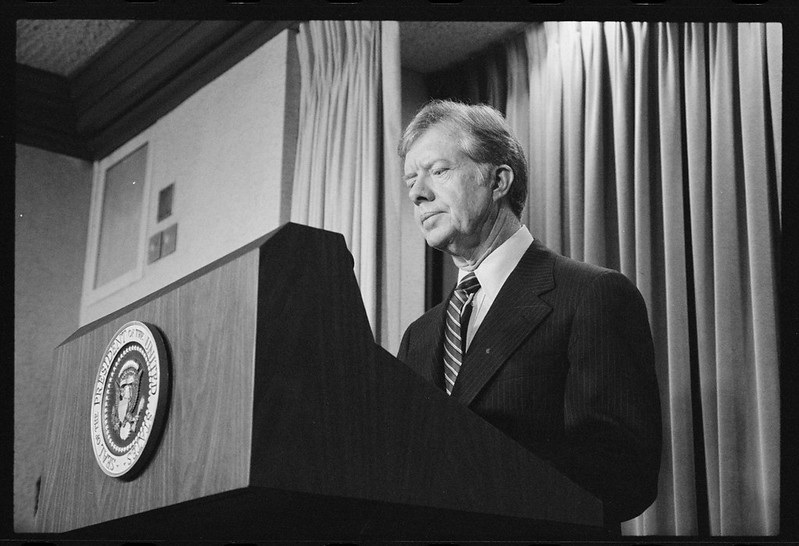
President Carter knew that those who lack housing or food are not merely political pawns, but the real presence of God in our midst. What we do, or don’t do, to serve them reveals everything about what we value in our world and in our congregations.
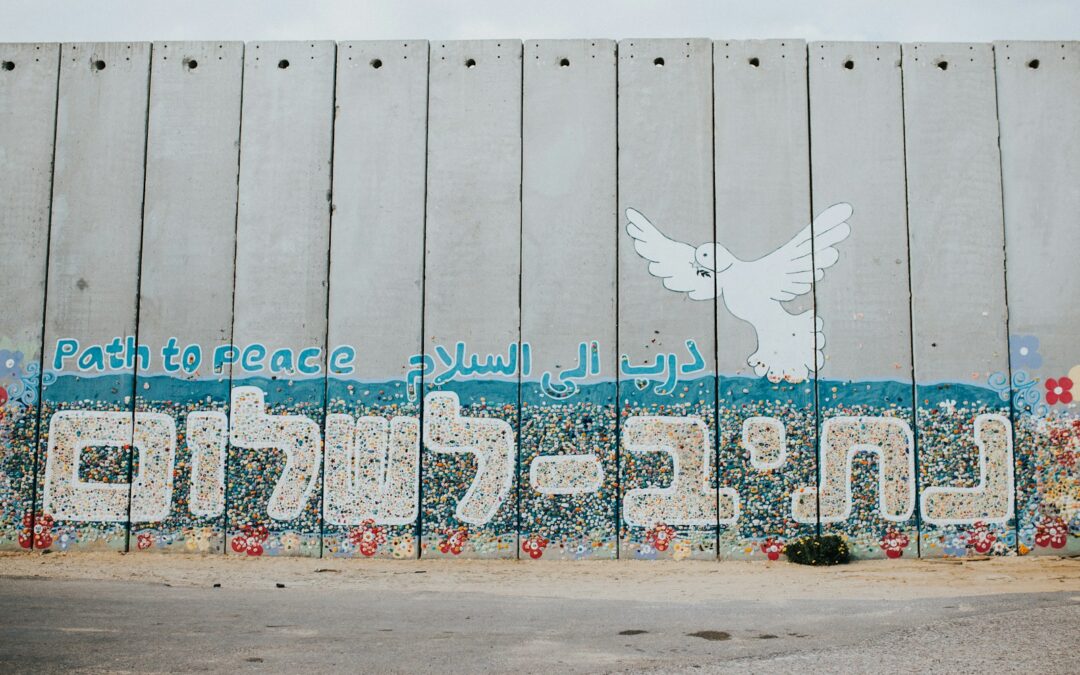
A lifetime of trying to think “rationally” has me conditioned to see mutual empathy as heartwarming but naive. I am ready now to say, however, that it offers the only hope for stable peace in the Middle East (or anywhere).